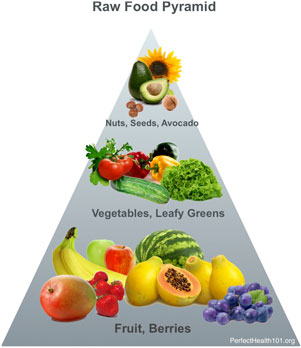10/17/2018 CONCERN FOR ALL NATIONS
Matthew 28:18-20 HE told his disciples, “I have been given all authority in heaven and earth. Therefore go and make disciples in all the nations, baptizing them into the name of the FATHER and of the SON and of the HOLY SPIRIT, and then teach these new disciples to obey all the commands I have given you; and be sure of this—that I am with you always, even to the end of the world.” [Living Bible translation]
Summary
Matthew 28:18-20 is known as “The GREAT COMMISSION.” Some churches call it their “MISSION STATEMENT.” In army terms, some might say it was the disciples’ “marching orders,” and “the marching orders” of every disciple of CHRIST thereafter. These verses are the divine instructions of our HEAVENLY COMMANDER, the resurrected JESUS CHRIST.
There is no doubt that JESUS wanted HIS disciples to be concerned about all nations. Acts 1:8 emphasizes that the disciples were to be “witnesses” in “Jerusalem” (where the local church was located) in “Judea” (where other places of worship and disciples were located, in “Samaria” (where “those other churches” were located that the disciples could not even “imagine” worshipping with) and “even to the end of the world.” The disciples were to be witnesses everywhere to all nations and nationalities.
Individual “Healthy Living” Is An “All Nations” Concern
Just as the internet is a network of networks or a global system of international computers that link all nations, healthcare links all of us. Just as the individual health of each individual member of a family affects “the health” of the family and the health of each family member affects “the health” of a community (or a church or a school or other associations), and the health of each association in a community affects the health of a county ….until we get to the “health” care of the world, so it is that health care is a concern “for all nations.” Like the internet, we are all connected in terms of the need to “be healthy.”
In recognition that living a healthy lifestyle is an “all nations” concern, a number of organizations have established health guidelines that they hope will have a worldwide effect. The World Health Organization (WHO) is an organization concerned about the health of the world. Established in 1948, WHO is a specialized agency of the United Nations that has the mission of providing global leadership in public health. WHO employs health specialists, medical doctors, scientists, epidemiologists and also people with expertise in administration and finance, information systems, economics, health statistics as well as emergency preparedness and response.
WHO defines health as a state of complete physical, mental and social well-being and not merely the absence of disease. For example, here are some KEY FACTS about health:
- A healthy diet helps to protect against malnutrition in all its forms, as well as noncommunicable diseases (NCDs), including such as diabetes, heart disease, stroke and cancer.
- Unhealthy diet and lack of physical activity are leading global risks to health.
- Healthy dietary practices start early in life – breastfeeding fosters healthy growth and improves cognitive development, and may have longer-term health benefits such as reducing the risk of becoming overweight or obese and developing NCDs later in life.
- Limiting intake of free sugars to less than 10% of total energy intake is part of a healthy diet. A further reduction to less than 5% of total energy intake is suggested for additional health benefits.
- Keeping salt intake to less than 5 g per day (equivalent to sodium intake of less than 2 g per day) helps to prevent hypertension, and reduces the risk of heart disease and stroke in the adult population.
- WHO Member States have agreed to reduce the global population’s intake of salt by 30% by 2025; they have also agreed to halt the rise in diabetes and obesity in adults and adolescents as well as in childhood overweight by 2025.
See, Key Fact, www.who.int/news-room/fact-sheets/detail/healthy-diet.


